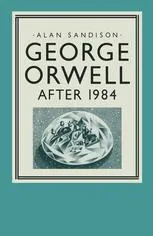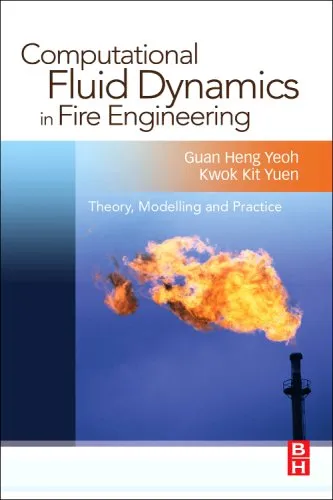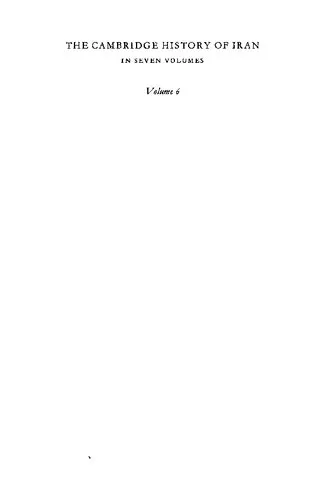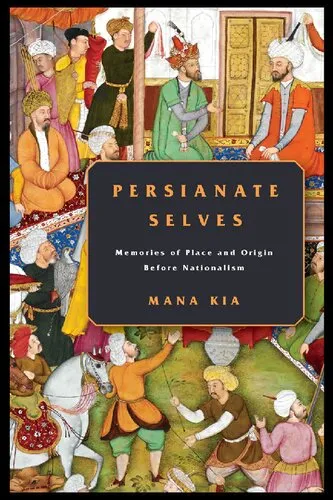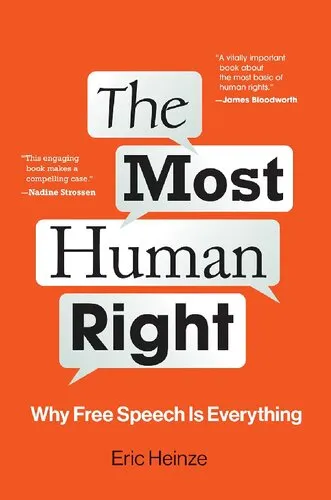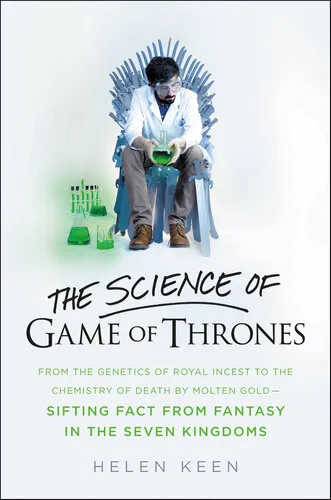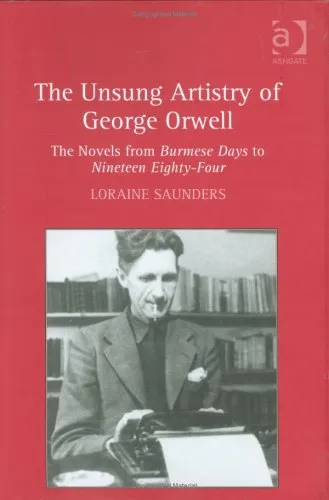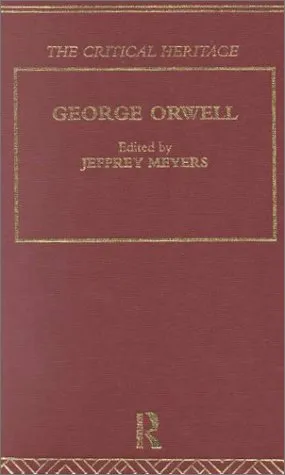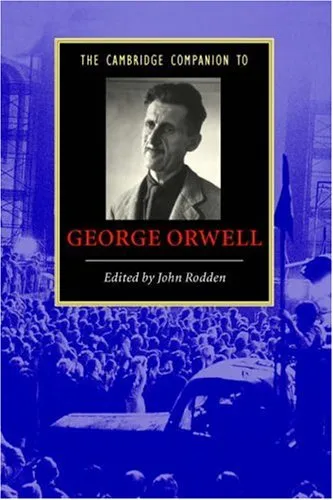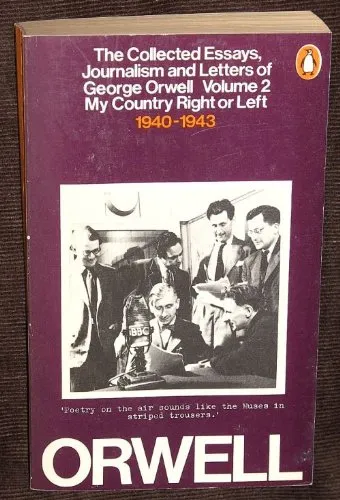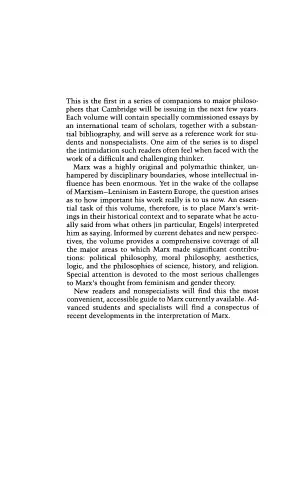George Orwell: After 1984
3.9
Reviews from our users

You Can Ask your questions from this book's AI after Login
Each download or ask from book AI costs 2 points. To earn more free points, please visit the Points Guide Page and complete some valuable actions.Related Refrences:
Introduction to George Orwell: After 1984
George Orwell: After 1984 delves deep into the intellectual legacy of one of the 20th century’s most enigmatic and influential writers. Written with analytical precision and reverence, this book explores George Orwell’s thought-provoking works with special emphasis on his timeless dystopian masterpiece, 1984. Not confined to merely studying Orwell’s literature, this volume aims to decipher his relevance in the modern world. How do the themes explored in his oeuvre resonate with today’s political climate, cultural shifts, and technological advancements? These are the questions that form the foundation of this text.
As Orwell wrote with extraordinary candor about oppression, surveillance, and the nature of truth, his work transcends the boundaries of fiction and forewarns of real-world dangers. George Orwell: After 1984 seeks to answer whether his predictions have materialized, and if so, to what extent. By encompassing Orwell’s lesser-known essays, journalistic ventures, and public commentary, this book offers readers a broader understanding of his philosophy and enduring relevance.
Designed for both academic audiences and general readers, this text serves as an essential resource for anyone who seeks to understand the intersections between literature, politics, and history in Orwell's writing and their implications in a post-1984 era.
Detailed Summary
This book is divided into themes and analytical explorations, rather than a chronological narrative. The first section focuses primarily on Orwell’s personal history, shedding light on the life experiences that influenced his literary voice. From his days as a colonial servant in Burma to his observations of poverty in England and his deep-seated commitment to socialism, Orwell’s life provided him a unique perspective that shaped his works.
The core chapters examine the key motifs in 1984, such as authoritarianism, propaganda, and the manipulation of truth, connecting them to real-world historical events and present-day scenarios. Furthermore, the book devotes significant attention to Orwell’s other works like Animal Farm, essays such as Politics and the English Language, and even his journalism to piece together a comprehensive vision of his intellectual universe.
The final chapters investigate Orwell’s influence on political movements, cultural commentary, and how his warnings resonate in an age of ubiquitous digital surveillance, social media misinformation, and geopolitical shifts. By the conclusion, the book underscores Orwell’s continuing relevance and why his writings must be revisited and critically interpreted in our contemporary context.
Key Takeaways
- Orwell’s writings serve as a cautionary tale about authoritarianism and the manipulation of truth.
- The concepts of "Big Brother" and "doublethink" are becoming increasingly relevant in a hyperconnected, surveillance-prone world.
- Orwell’s commitment to clarity in language and thought highlights the importance of communication as a tool for freedom.
- By understanding Orwell’s life and politics, readers gain a more complex appreciation of his works.
Famous Quotes from the Book
- "War is peace. Freedom is slavery. Ignorance is strength." – A chilling summation of totalitarian propaganda from 1984.
- "Political language is designed to make lies sound truthful and murder respectable, and to give an appearance of solidity to pure wind."
- "The revolution will be complete when the language is perfect." This stark warning from 1984 showcases Orwell’s focus on language and power.
Why This Book Matters
In a world increasingly dominated by artificial intelligence, data collection, and political polarization, George Orwell: After 1984 asks us to reflect on Orwell’s fears for humanity. His ideas force us to examine how history can repeat itself, particularly when truth is manipulated, dissent is silenced, and power is consolidated.
The book matters because it challenges modern readers to think critically. As global dynamics shift and new forms of control emerge, Orwell’s writings highlight the dangers of complacency and the responsibility of individuals to resist tyranny in all forms. By revisiting Orwell’s works with fresh relevance, this volume reminds us why literature remains one of the most potent tools for both reflection and revolution.
Free Direct Download
You Can Download this book after Login
Accessing books through legal platforms and public libraries not only supports the rights of authors and publishers but also contributes to the sustainability of reading culture. Before downloading, please take a moment to consider these options.
Find this book on other platforms:
WorldCat helps you find books in libraries worldwide.
See ratings, reviews, and discussions on Goodreads.
Find and buy rare or used books on AbeBooks.
1244
بازدید3.9
امتیاز0
نظر98%
رضایتReviews:
3.9
Based on 0 users review
Questions & Answers
Ask questions about this book or help others by answering
No questions yet. Be the first to ask!
